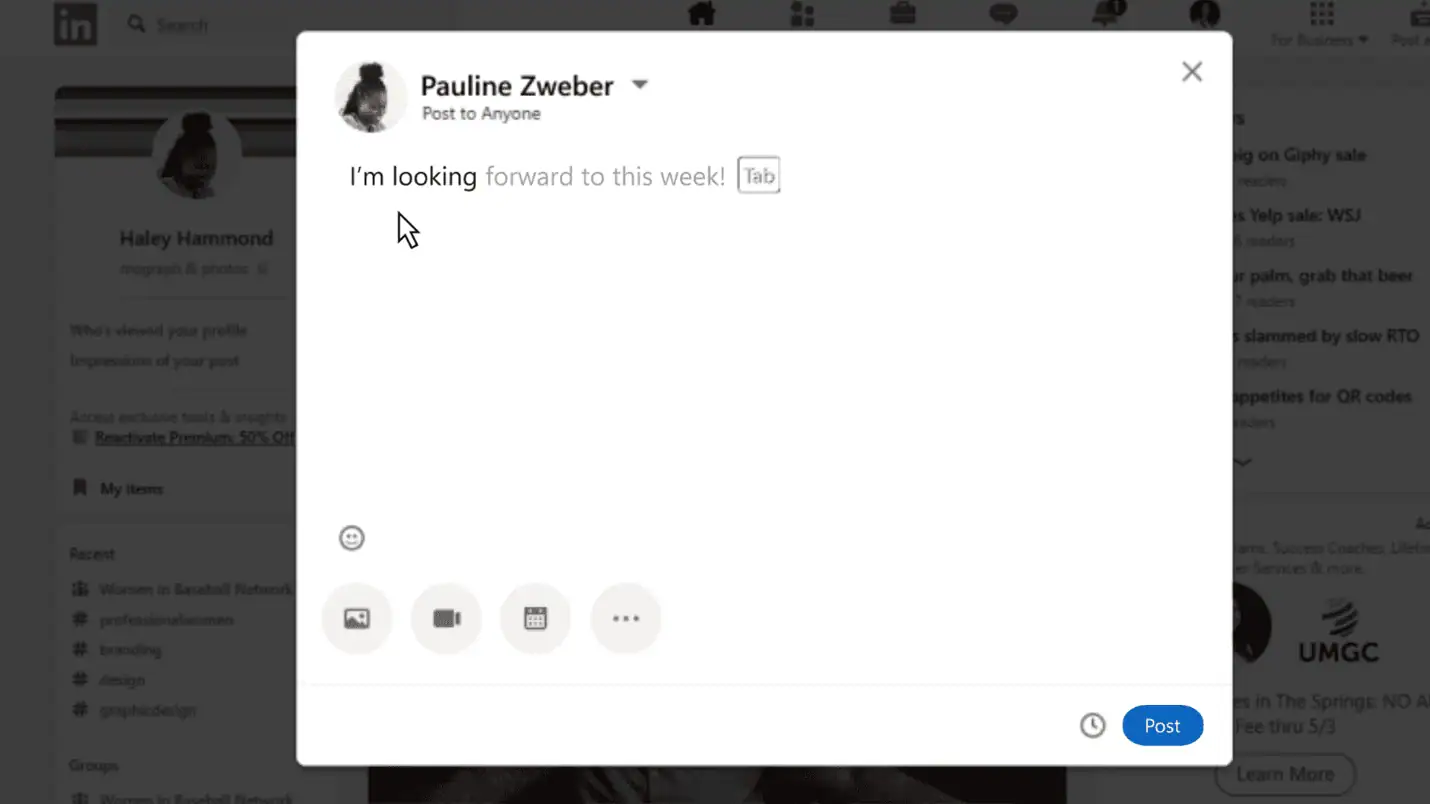Major fragmentation coming as more than half of enterprise PCs unable to upgrade to Windows 11
2 min. read
Updated on
Read our disclosure page to find out how can you help MSPoweruser sustain the editorial team Read more

Windows 11 is a divisive OS, and it is not just because of the new Start menu.
The specific processor and TPM requirements of the operating system means there are large segments of users who will not be able to upgrade to the OS. In the main, if your PC is older than 2017 it is unlikely to run Windows 11.
For consumers, a 4-year-old laptop is somewhat long in the tooth, but for enterprise users that is relatively average.
A survey by IT management company Lansweeper has added some numbers to the suspicion and has confirmed that only 44.4 per cent of workstations met Microsoft’s CPU requirements, and only 52.55 per cent had TPM 2.0 chips.
This means it would take a major capital investment to upgrade to Windows 11, making it somewhat unlikely companies will transition any time soon.
Of course with Windows 11 looking radically different from Windows 10, there is also concerns around retraining costs, suggesting companies were not going to be soon moving, in any case.
With most new PCs coming with the OS, consumers will likely automatically make the slow transition to Windows 11, but we may soon enter a fragmented desktop environment similar to when both Windows XP and Windows 7 were both dominant operating systems at the same time.
Microsoft will continue to support Windows 10 until 2025, but will not be adding significant features to it.
Do our readers think separating the Windows platform into consumers and business users is a good idea? Let us know below.
via The Register








